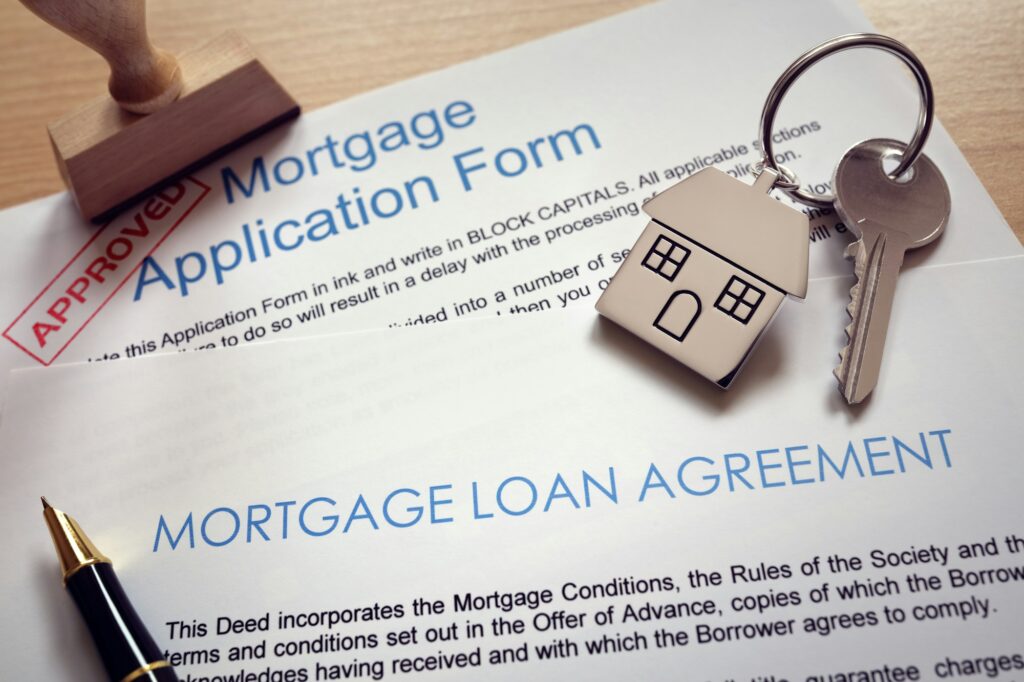
Repairing Credit to Buy a Home: Your Complete Roadmap
Purchasing a home remains one of the most thrilling—yet daunting—milestones, and the foundation of that dream is a healthy credit score. Your credit profile is the first thing a lender will look at when you apply for a mortgage, influencing both the approval process and the terms of your loan. If your credit report isn’t shining, don’t worry; the right changes can improve it and position you for a successful path to homeownership. Here’s a clear roadmap to making that happen.
Understanding the Link Between Your Score and Your Mortgage
When mortgage officials evaluate your application, your credit score serves as a quick assessment of risk; a strong score suggests you manage credit responsibly. As a reward for this discipline, you’ll often qualify for loans offered at lower interest rates, saving you thousands over the life of the loan. Conversely, a weaker score means lenders will charge more to offset their risk or, in the worst cases, deny the application altogether.
Typically, conventional lenders look for a score of at least 620, but that is the starting line, not the finish. Scores in the wider 700s or higher attract the best interest rates and can also expand your options when it comes to choosing a mortgage product. For that reason, it’s not just a goal but a necessity to work on boosting your credit profile before you make your loan application.
7 Essential Steps to Repair Your Credit for Home Buying
Review Your Credit Report for Errors First
Grab your free reports from Equifax, TransUnion, and Experian at AnnualCreditReport.com and examine them line by line. Look for duplicate entries, really old debts that shouldn’t still be listed, or incorrect late payments. Dispute any inaccuracies right away; correctly them could provide a quick boost to your score and get your credit repair efforts moving.
Work on Debt Levels Next
Set a goal to keep credit card balances below 30% of their limits. If you have several high-interest debts, focus on paying those down first. Reducing your overall debt picture doesn’t just lift your score; it also shows lenders that you manage your money well and helps your mortgage application later.
Pay on Time, Every Time
Your payment history makes up 35% of your score, so even one late payment can have a big effect. Set up automatic payments or calendar reminders for every bill that reports to credit agencies. This reliable pattern is one of the best credit repair strategies you can follow.
Hold Off on New Accounts
Each time you apply for credit, it generates a hard inquiry that drops your score temporarily. Multiple inquiries will raise red flags for mortgage lenders. Stick with the credit you have until you get your loan, and you’ll keep any additional inquiries off your report.
Keep Old Accounts Active
Lenders like to see a long record of responsible credit use. Keep your oldest accounts open, even if you hardly use them. A small charge each month, paid in full, can boost your length of history without adding debt.
Consider a Secured Credit Card
For scores that have dropped below the acceptable line, a secured card may be the quickest way to begin the climb. Charge a small recurring expense, settle the whole balance every month, and the reporting agencies will soon see a responsible borrower.
Work with a Credit Repair Company
Through American Score Increase, we guide prospective homeowners through the murky waters of credit repair. Our team challenges misleading marks, corrects reporting errors, and teaches the daily choices that lead to a robust score. When the last detail falls into place, the mortgage offer will look a lot healthier than it does now.
How Long Does It Take to Repair Credit?
The honors and penalties on a credit report don’t all budge at the same speed. Contest an inaccuracy, and a lender may delete it in under a month. Cut a high credit-line balance, and that account boosts the score fast, too. Sustaining the new habits, landing more positive reports, and lowering overall debt may take a year. Be patient, follow the plan, and home financing will become a sensible step.
Preparing to Apply for a Mortgage
When the score crosses the 620 mark—better to be at 640, 660, or higher—the lending door opens. Get your last couple of pay stubs, your job history, and the down payment ready. Request a pre-approval letter to signal commitment to sellers and to see how the monthly mortgage payment fits your budget. Healthy credit will lower the rate and keep thousands more in your family’s pocket over the mortgage’s lifetime.
Final Thoughts on Credit Repair for Home Buying
Strengthening your credit is essential if you ever plan to buy your own home. By committing time and using sound strategies, you can lift your score enough to unlock better mortgages, lower your payments, and turn that big white picket-fenced daydream into today’s deal. If the steps ahead seem daunting, our friendly team at American Score Increase stands ready to guide you, offering specialized credit repair for home loans that works. Reach out right now, and we’ll help you step onto the pathway to home ownership, confidently and proudly.

